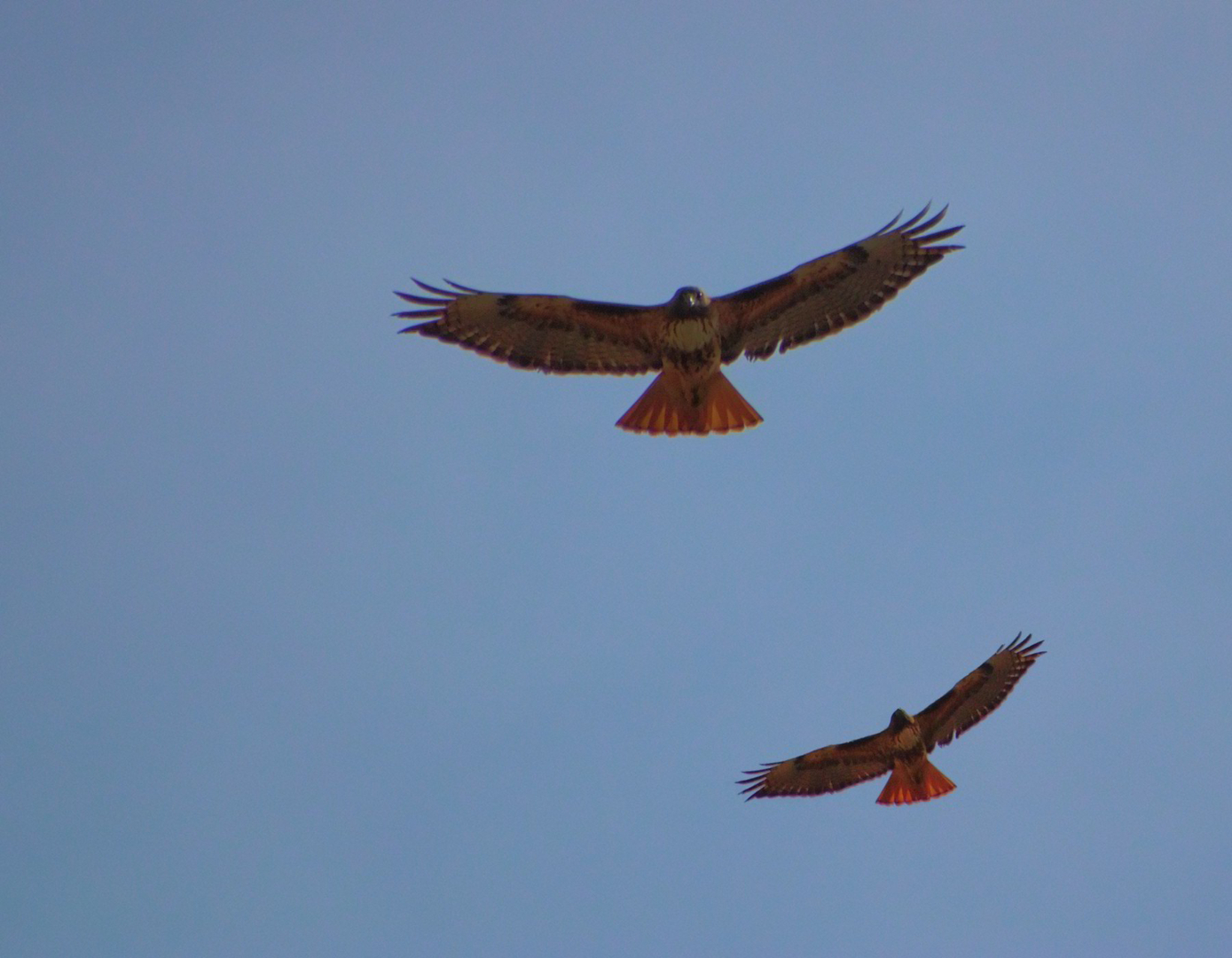Wampanoags Among Us -Warren (Tunney) Harding
December 1, 2019

This series features Pilgrim and Wampanoag descendants to honor Plymouth’s 400th anniversary.
“I was born and brought up here in Bourne. I went to Bourne schools. It’s right on the Plymouth town line.
“When I was young, we used to go to PowWows. Things like that – they don’t have them anymore. My people were here thousands of years ago. I don’t give it much thought because I figure I’m no different than anybody else. But I’m not an immigrant. I belong here. And I’ll be buried here at the Indian cemetery in that one that is right up the street before you get to Herring Pond.
“My father didn’t teach me too much about my Indian heritage. He was busy making a living. You heard of Keith’s Car Works in Sagamore? He had a gunning stand on Herring Pond for birds, geese and ducks, you know, to shoot them. He would invite friends and colleagues from the city down and they would stay over a few days in the camp, and they would shoot the ducks – the real ones. My father was a hunter. When I was very young, we lived off the land really. You know, all of our food was from hunted deer and ducks and other things. I grew up about 200 hundred yards from here on Herring Pond Road. This woodlands is where I got my food. Ebben Keith, who owned the Keith Car Works in Sagamore – my father did a lot of work for him and Keith set up the gunning stand on Herring Pond, bringing his friends down for recreation and stuff. That was my dad’s job. My father never killed anything for sport; he did it for food. Before I was born, it wasn’t easy to make a living around here. You killed your own deer for meat. You raised your own pigs, you had your own gardens. You could exist on the land really, you know? I was born in 1926. I’m 93. Well, I will be 93 this coming year.
“I killed my first deer when I was 10 years old. I skinned it, and you use everything on it. There was no waste. We even tanned the skins to use.
“I’m the 13th child in my family. Some of my brothers and sisters died when they had epidemics. They had different things. There’s only six of us that I knew that survived. Most of them died from different diseases.
“My mother had enough to do at home. And 200 yards from here is the family homestead. There’s nothing there now. It burned in a fire. Foundation is all that’s left.
“The Depression?
“There never was really a Depression here ’cause you always had plenty of food. In fact my father and Ebben Keith had a lot of friends come down and roam around the area. A lot of people came from the city. Actually, we lived better than they did food-wise during the Depression. My mother would have a lot of people and friends come by to eat.
“I went to grammar school, then I went to Cape Cod Community College. Then it wasn’t Cape Cod Community College; I can’t think what the name of it was. I wanted to be a bookkeeper and my father – well, I went there one year and my father got very sick and I had to take care of him and I couldn’t go to school. I don’t know really what he had, but he had pneumonia. I had to quit school then I went job hunting and did different things. Then I started operating machinery and became a heavy equipment operator. I worked for major highways in Boston and in city. I worked for Mid Cape highway, Route 25 running equipment during the day. I worked on heavy, large bulldozers and cranes. I belonged to the union.
“I had three boys, but one was born with a disease and died. Now I have two sons and two daughters. Lori is the oldest.
“Myself, I don’t make a big thing of the Native American heritage. I can’t see making a big thing out of something. I was brought up with all different nationalities, mostly Italians. I haven’t made a big thing out of it. Other people make a big thing out of my heritage.”